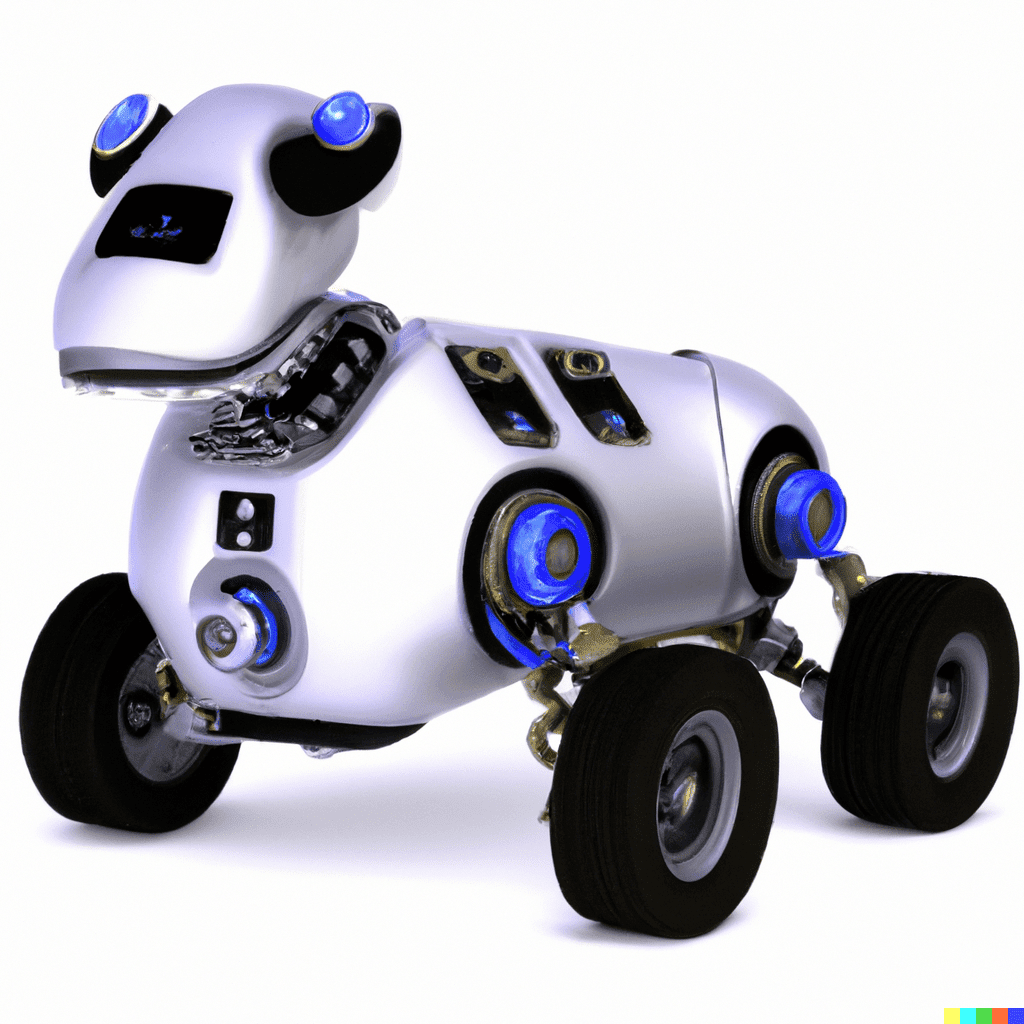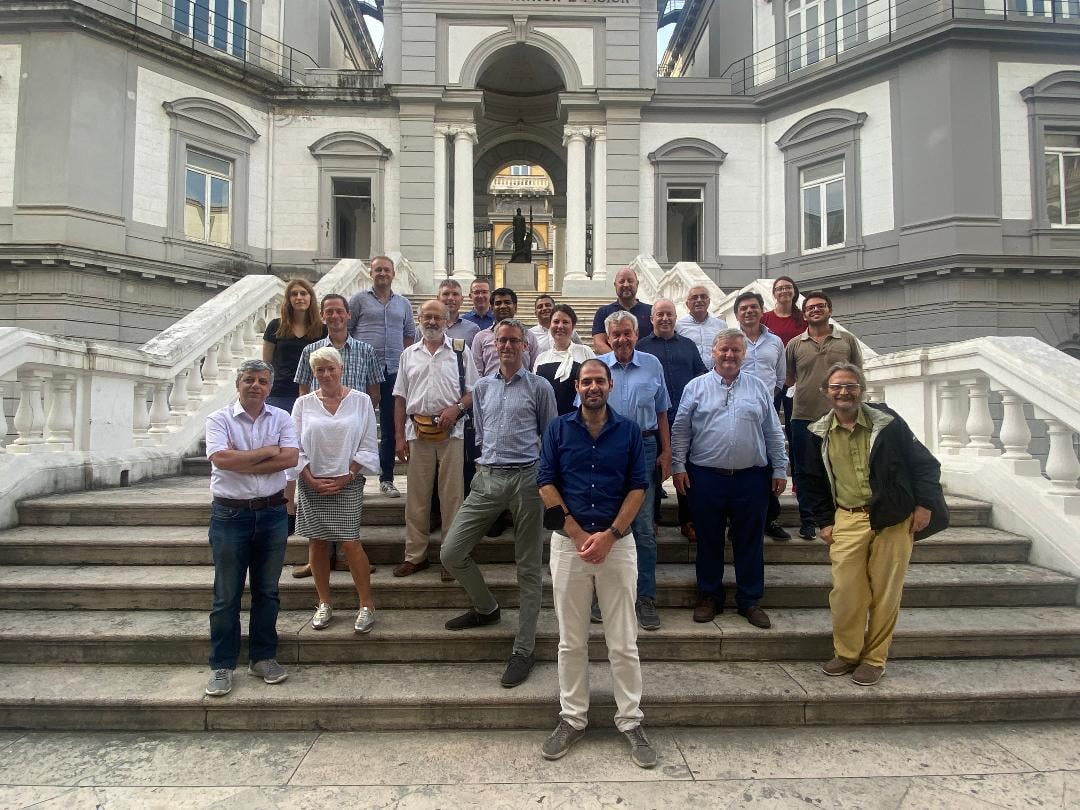“Nathean are proud to be a founding industry consortium member of HCAIM"


HCAIM Consortium Members
What is HCAIM?

Do Robots Dream of an Ethical Future?
Article by Maurice Lynch (CEO Nathean)
"Creating specific legal status for robots in the long run, so that at least the most sophisticated autonomous robots could be established as having the status of “electronic persons” responsible for making good any damage they may cause, and possibly applying electronic personality to cases where robots make autonomous decisions or otherwise interact with third parties independently;” – EU Parliament resolution 2017 with recommendations to the Commission on Civil Law Rules on Robotics
Science fiction writers write about dystopian futures as warnings to us and include glimpses of what the future might look like socially and technologically. The work being done in AI today will shape tomorrow, and so too will the legislation, regulations, and legal frameworks we set down now...







